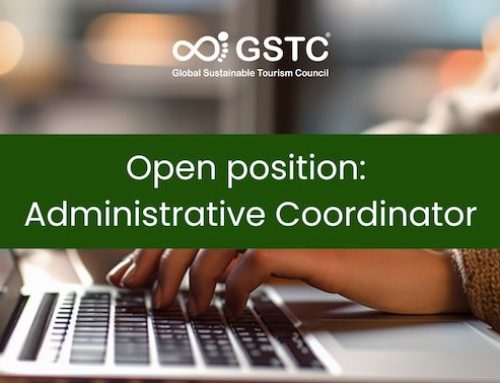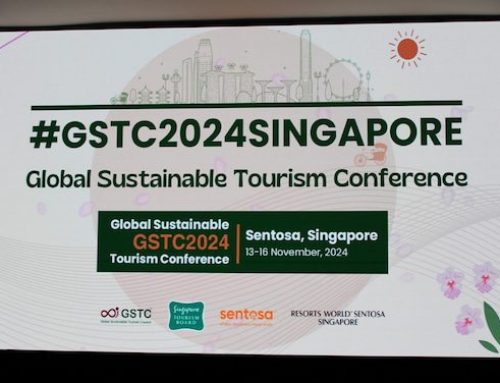The Global Sustainable Tourism Council (GSTC) is pleased to announce the release of the GSTC Destination Criteria v2.0, which had been under development for most of 2019.
GSTC Criteria serve as the global baseline standards for sustainability in travel and tourism. The Criteria are used for education and awareness-raising, policy-making for businesses and government agencies and other organization types, measurement and evaluation, and as a basis for certification. To date, two sets of GSTC Criteria have been developed: Destination Criteria and Industry Criteria. They are the result of a worldwide effort to develop a common language about sustainability in tourism. They are arranged in four pillars: (1) Sustainable management; (2) Socioeconomic impacts; (3) Cultural impacts; and (4) Environmental impacts (including consumption of resources, reducing pollution, and conserving biodiversity and landscapes).
The GSTC Destination Criteria v2.0 is the first revision to GSTC Destination Criteria. The GSTC-D v2 includes performance indicators designed to provide guidance in measuring compliance with the Criteria. Application of the criteria will help a destination to contribute towards the 2030 Agenda for Sustainable Development and the 17 Sustainable Development Goals. Against each of the Criteria, one or more of the 17 SDGs is identified, to which it most closely relates.
The GSTC Criteria have been built on decades of prior work and experience around the world, and they take into account the numerous guidelines and standards for sustainable tourism from every continent. During the process of development, they were widely consulted throughout the globe, in both developed and developing countries, in several languages. The process of developing the Criteria was designed to adhere to ISO codes of conduct and the standards-setting code of the ISEAL Alliance, the international body providing guidance for the development and management of sustainability standards for all sectors.


In the coming months, the Destination Criteria will be translated into many languages.





